Raspberry Companion Plants That Will Boost Your Yield
Raspberries are a delicious and versatile fruit that can be enjoyed fresh, frozen, or cooked. They are also a relatively easy crop to grow, but there are a few things you can do to boost your yield. One of the most important things is to choose the right companion plants.
Companion planting is the practice of planting different types of plants near each other for mutual benefit. Some plants can help to improve the growth and health of others, while others can help to deter pests and diseases.
There are a number of great companion plants for raspberries. Some of the best include:
- Alliums: Alliums, such as garlic, onions, and chives, can help to repel pests and diseases that can damage raspberries. They also help to improve the soil quality by adding nitrogen.
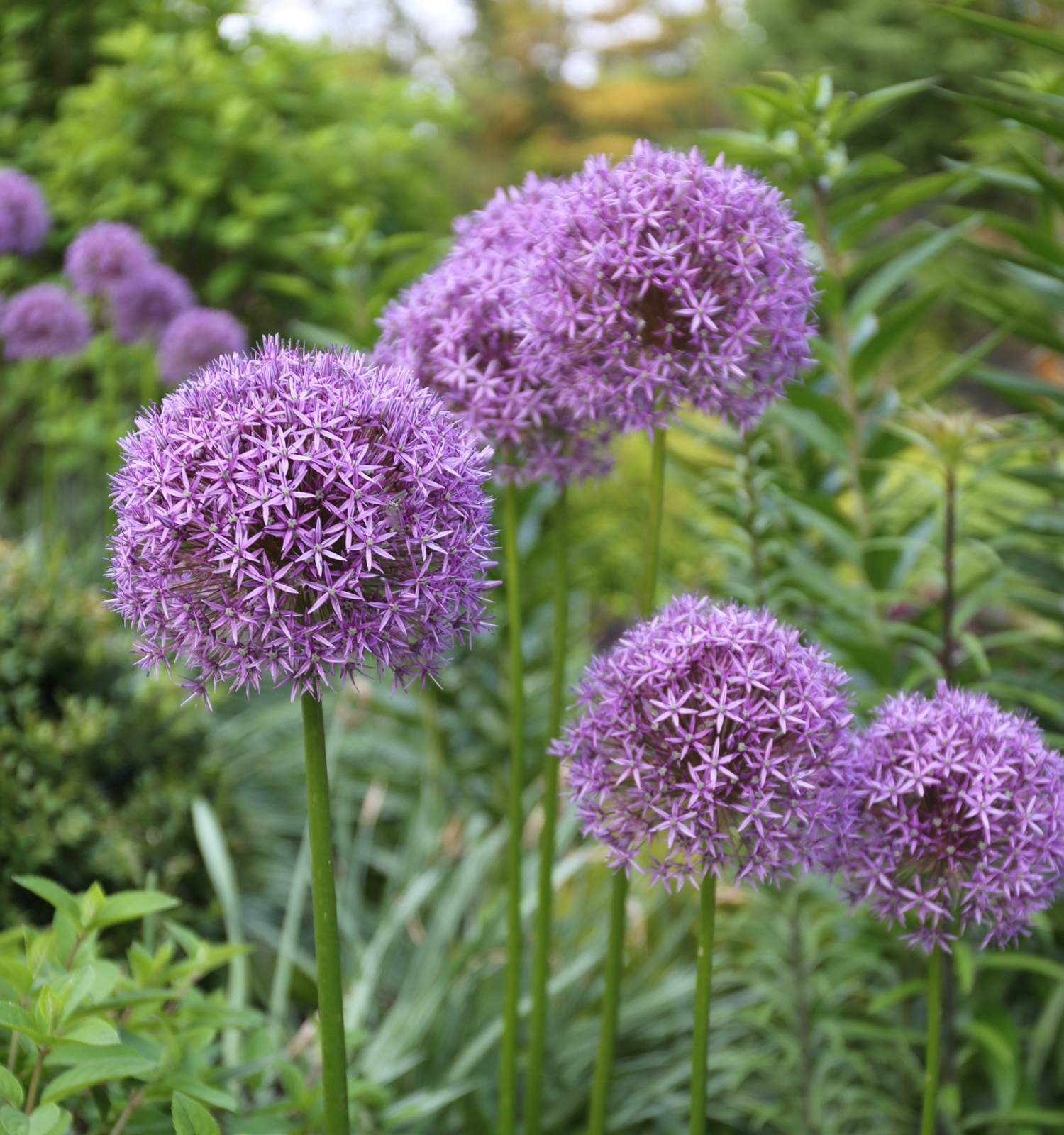
- Legumes: Legumes, such as peas, beans, and lentils, can help to fix nitrogen in the soil, which can benefit raspberries. They also help to improve the soil structure and drainage.

- Herbs: Herbs such as chamomile, mint, and lavender can help to repel pests and diseases. They can also help to attract beneficial insects, such as pollinators.
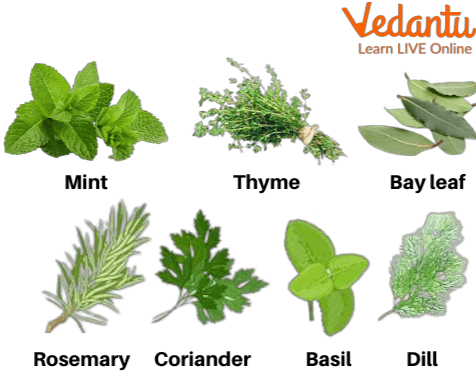
- Flowers: Flowers such as marigolds and nasturtiums can help to attract beneficial insects and deter pests. They can also help to improve the appearance of your garden.
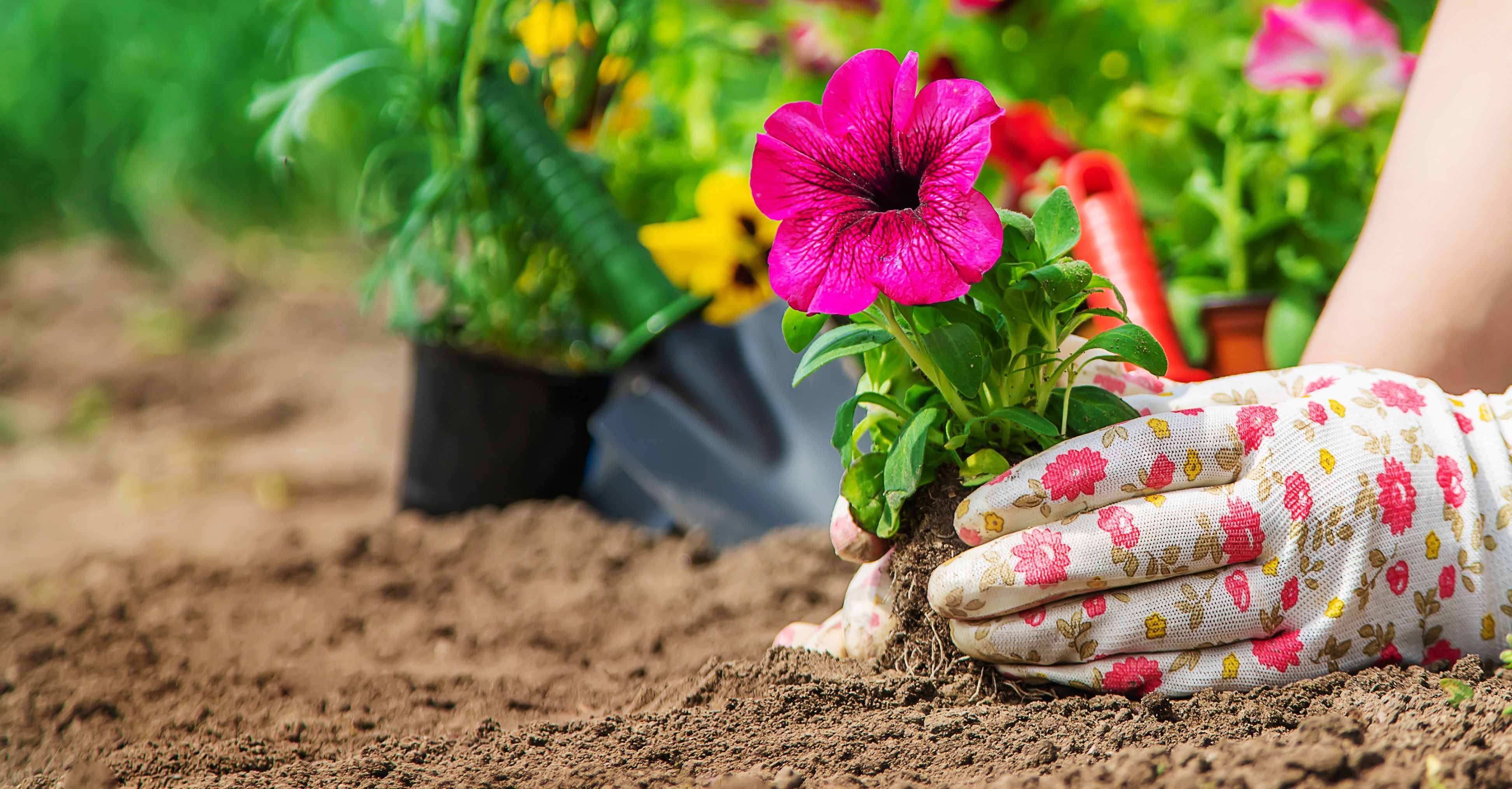
- Cover crops: Cover crops, such as clover and buckwheat, can help to suppress weeds and improve the soil quality. They can also help to protect raspberries from pests and diseases.
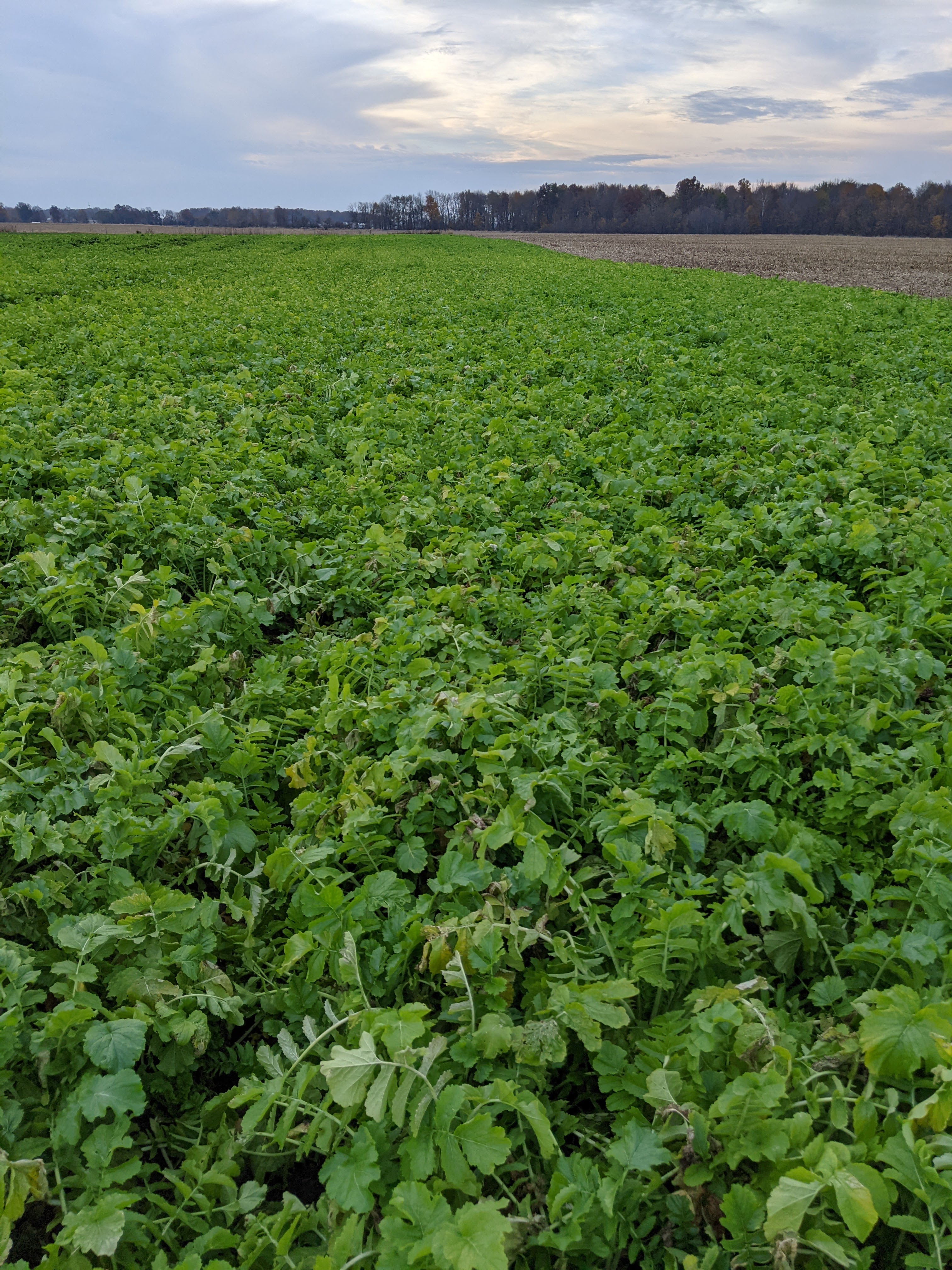
When choosing companion plants for raspberries, it is important to consider the size and growth habit of the plants. Some plants, such as alliums and legumes, can grow quite tall and may shade your raspberries. Other plants, such as herbs and flowers, are typically shorter and will not cause any problems.
It is also important to consider the climate in your area. Some plants, such as chamomile and lavender, prefer warmer climates, while others, such as marigolds and nasturtiums, can tolerate cooler climates.
With a little planning, you can choose the right companion plants for your raspberries and boost your yield.
In addition to the companion plants listed above, there are a few plants that you should avoid planting near raspberries. These include:
- Potatoes: Potatoes and raspberries are both susceptible to a number of common pests and diseases, so planting them near each other can increase the risk of infection.

- Tomatoes: Tomatoes and raspberries are both members of the nightshade family, and planting them near each other can increase the risk of Verticillium wilt, a fungal disease that can be fatal to both plants.
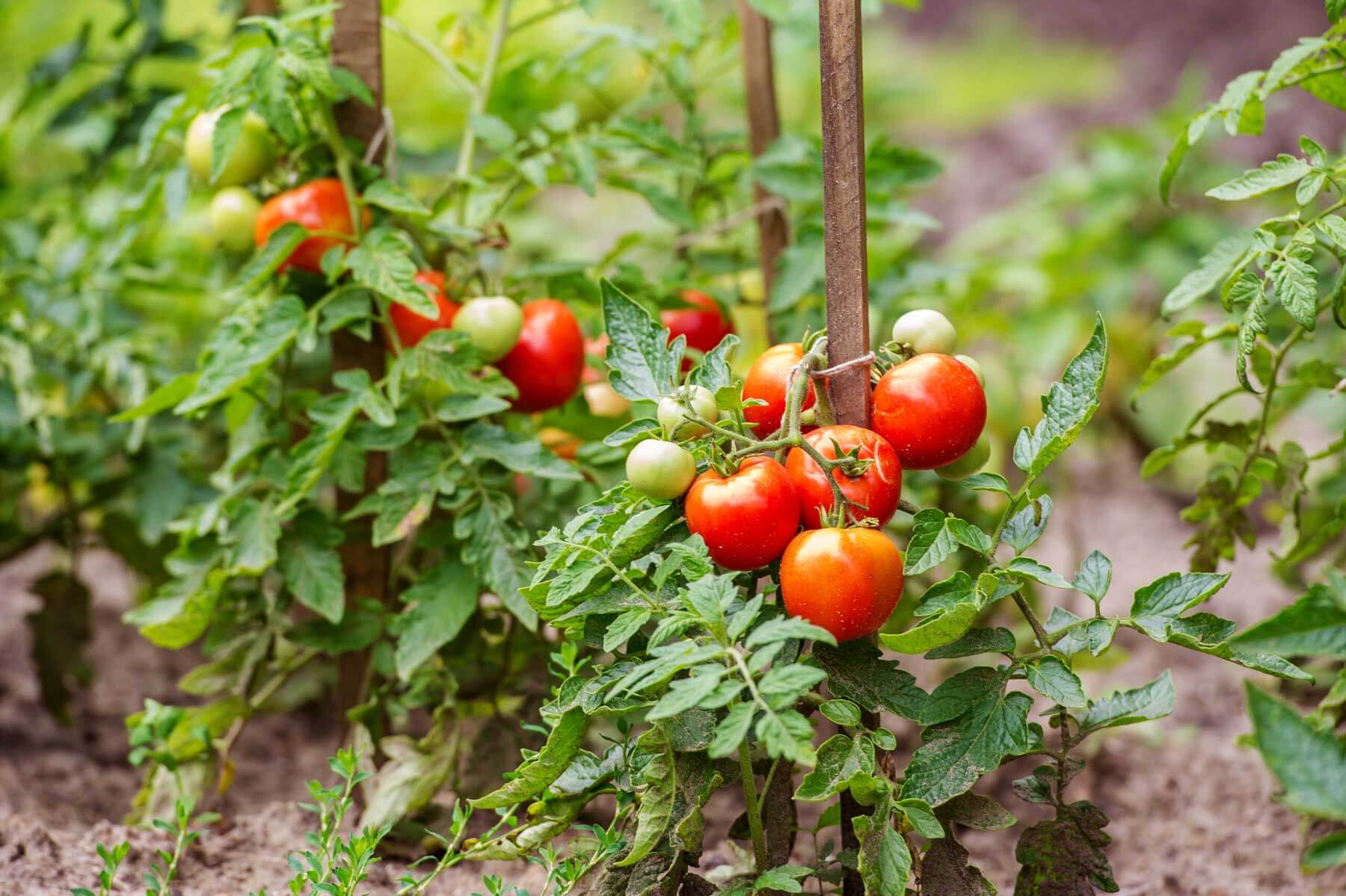
- Eggplants: Eggplants and raspberries are both susceptible to the same pests and diseases, so planting them near each other can increase the risk of infection.
- Chilies: Chilies and raspberries are both susceptible to the same pests and diseases, so planting them near each other can increase the risk of infection.
By avoiding planting these plants near your raspberries, you can help to keep your plants healthy and productive.
Raspberries are a delicious and versatile fruit that can be enjoyed fresh, frozen, or cooked. But did you know that companion planting can help your raspberry plants thrive? Companion planting is the practice of planting certain plants together that benefit each other. For raspberries, some good companion plants include:
- Alliums: Alliums, such as garlic, onions, and chives, have strong scents that repel pests. They can also help to improve the soil quality around your raspberry plants.
- Marigolds: Marigolds are another great companion plant for raspberries. They attract beneficial insects, such as ladybugs, which help to control pests. Marigolds also help to suppress soil-borne diseases.
- Clover: Clover is a nitrogen-fixing plant, which means it can help to add nitrogen to the soil. This can benefit your raspberry plants, as nitrogen is an important nutrient for plant growth.
- Nasturtiums: Nasturtiums are another insect-attracting plant that can help to control pests. They also have beautiful flowers that can add color to your garden.
If you're interested in learning more about raspberry companion planting, I recommend visiting Gardenia Inspiration. This website has a wealth of information on the topic, including a list of recommended companion plants and tips on how to plant them.
FAQ of raspberry companion plants
- What are good companion plants for raspberries?
Some good companion plants for raspberries include:
- Clover: Clover helps to improve the soil quality and nitrogen levels, which can benefit raspberry plants.
- Lavender: Lavender repels pests and insects, which can help to protect raspberry plants from damage.
- Garlic: Garlic has antifungal properties, which can help to protect raspberry plants from diseases.
- Onion: Onions have insecticidal properties, which can help to protect raspberry plants from pests.
- Chives: Chives repel pests and insects, which can help to protect raspberry plants from damage.
- What are bad companion plants for raspberries?
Some bad companion plants for raspberries include:
- Nightshades: Nightshades, such as tomatoes, potatoes, and eggplants, can attract pests and diseases to raspberry plants.
- Fennel: Fennel can compete with raspberry plants for nutrients and water.
- Strawberries: Strawberries can attract pests and diseases to raspberry plants.
- How far apart should raspberry plants be planted?
Raspberry plants should be planted about 3 feet apart. This will give them enough space to grow and spread.
- How much sun do raspberry plants need?
Raspberry plants need full sun, at least 6 hours of sunlight per day.
- How much water do raspberry plants need?
Raspberry plants need regular watering, especially during the growing season. Water them deeply, so that the water reaches the roots.
Image of raspberry companion plants
5 different images of raspberry companion plants from Pinterest:
- Nasturtiums. Nasturtiums are a great companion plant for raspberries because they deter pests such as aphids, whiteflies, and spider mites. They also attract pollinators, which can help to improve the yield of your raspberry plants.
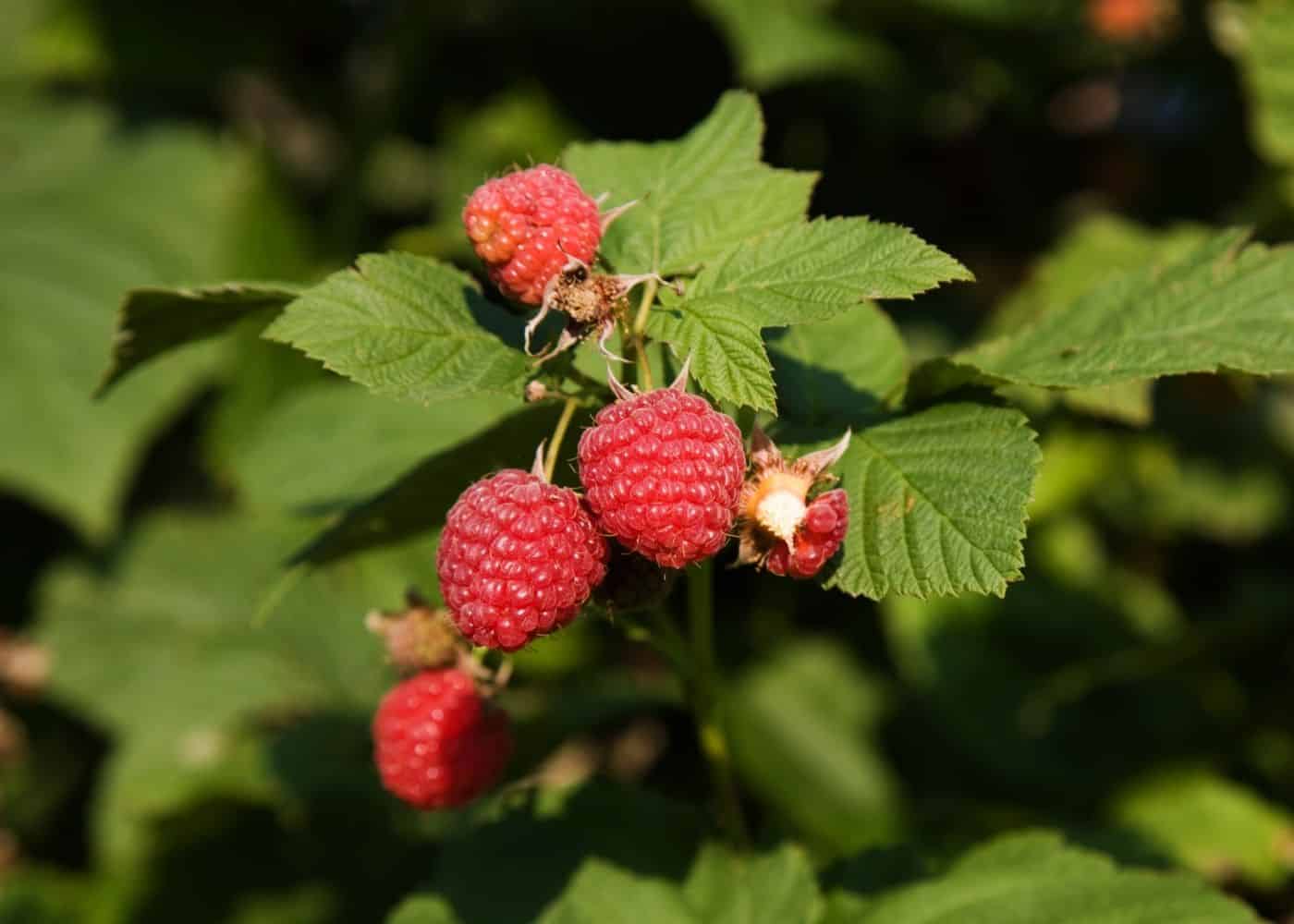
- Cucumbers. Cucumbers and raspberries are both heavy feeders, so they benefit from being planted together. The cucumbers help to suppress weeds, while the raspberries provide shade for the cucumbers.

- Beans. Beans fix nitrogen in the soil, which can benefit raspberries. They also help to suppress weeds.

- Sunflowers. Sunflowers attract pollinators, which can help to improve the yield of your raspberry plants. They also provide shade for the raspberries in the afternoon, which can help to prevent them from getting sunburned.

- Allium plants (garlic, onions, leeks, chives). Allium plants deter pests such as aphids, Japanese beetles, and carrot rust flies. They also improve the flavor of raspberries.


Post a Comment for " Raspberry Companion Plants That Will Boost Your Yield"